The Zurich International School Guide to Building Mental Resilience at Home, Work and School19/11/2021
Mental resilience is the cornerstone of a successful life - but can you build it in yourself, your family and your team? Crying every morning may sound like a terrible way to start the day, but for life coach Suzie Doscher, Class of 1974 (1970-74), tears are a vital safety valve – and a healthy response to a global pandemic. “When a friend asked me how I was coping with lockdown, I told her I regularly had a good cry,” she says. “I sometimes started the day feeling uneasy or unsure, but I know it’s important to deal with my emotions so I release them by having a cry. That is how I got myself to a place where both my feet were firmly on the ground, and then I knew that I could handle whatever came my way.” Now, more than ever, our mental health matters. We live, work and study at breakneck speed, bombarded by choice. And with technology – and the recent lockdowns – creating an ‘always on’ environment, boundaries between life and work are increasingly blurred. Clearly, the ability to build our own mental resilience, in mentally healthy work and living spaces, is crucial. None of this is news to Brigitte Eigenmann, Head of Human Resources at ZIS. “Our mental and physical health are connected,” she says. “That’s why we need to take mental health seriously.” When she started out in HR in the 1990s, workplaces were different. “The economy was booming, we worked our butts off, but there were few surprises,” recalls Brigitte. “I knew where my job started and ended. When you arrived in the morning, you knew what the day would bring, and you had long stretches when you could work undisturbed. “Today, work is much less predictable. It’s quicker, more dynamic and much more chaotic. There are cellphones ringing and social media messages. You’re available 24/7, you get calls at the weekend, before the work day starts and after it ends – all these things are really demanding for people.” That impact affects employers as well as employees. In Europe, it is estimated that between 50 and 60 per cent of all lost working days are linked to stress. And, according to the European Agency for Safety and Health at Work, mental ill-health at work costs the EU economy €240bn (CHF259bn) in lost productivity, sickness absence and direct health costs every year. The good news, however, is that there’s a lot that companies can do to improve mental health in their workplace. Like many good employers, ZIS offers staff programmes, from mindfulness and walking clubs to reading circles and speakers on healthy living. But, warns Brigitte, while these focused events are useful for raising awareness of mental health at work, they are only the first step. “The more important, deeper and more cumbersome challenge is establishing work practices that don’t make people sick,” she says. “For organisations, that’s about values, trustworthiness and long-term planning.” It means having excellent leadership, management and communications. Although altering habits and behaviour take some time, Suzie's advice is to begin by examining your habits and how you are really spending your time. “I’ll often start by focusing on a client’s daily stresses. Some people, for example, might always be late and can’t bear starting the day by running for the train,” she explains. “So, we work on that, to reduce the stress, take charge of the behaviour and self-care, and then work towards the bigger goals.” Other people might find it impossible to leave work at the office and have problems switching off, even though they want to spend more time with the family. Here, she suggests raising your self-awareness of behaviour patterns. “The bottom line is learning how to handle yourself better – that’s what gives you mental resilience. The most important thing is being willing to change” Observe if working on the commute home or answering a call while unlocking the door is helpful, in an attempt to ‘leave work at work’. Then focus on ways to instil new habits, such as using index cards to ‘park thoughts’ until the next day, or other practical tools to help clear your mind. It’s all part of what Karin Shipley, ZIS Middle School Counsellor, sees as a rising tide of interest in mental health. A school psychologist, she has worked with children and families for 23 years, and supports ZIS students with mental health issues as well as helping devise the Middle School’s advisory programme. Working in small, family-sized units, the programme covers topics from stress management and emotional regulation to cyberbullying and healthy relationships. Every student will develop their own tailor-made toolkit of tried and tested techniques, but what’s important, says Karin, is that there are daily practices that everyone can use to have better mental health and resilience. One of her go-to techniques is somatosensory regulation which, despite its technical name, is a simple yet effective way to defuse stress and give the thinking mind a chance. It works through a physical and mental process of grounding – feeling your toes and feet, becoming mindful, using all five senses to become aware of your surroundings and connecting with the breath. “It’s the number one tool in my counselling practice when someone is ‘off’ or upset,” she says. “Exhaling for longer activates the parasympathetic nervous system, which i automatically calming. Once your body is more relaxed, you can use more top-down strategies, like naming the emotion or talking to someone about what’s happening – and then you can start problem-solving.” "Another useful tool is identifying heroes or positive role models, and we have powerful conversation about what these heroes would say if they were in the room with us” Another useful tool is identifying heroes or positive role models. “I get really interesting responses from students – one might pick their grandfather while another might go for Gandhi – and we have powerful conversations about what these heroes would say if they were in the room with us,” she says. “It’s a really effective way to build hope and positive thinking.” WORDS BECKY ALLEN ILLUSTRATION JAY DANIEL WRIGHT Curious to know more about building up your resilience?
|
Suzie Doscher is a Professional Executive Coach focusing on Personal Development. Located in Zurich, Switzerland. Her approach to personal development is practical and successful.
Suzie is happiest when helping people. Her vision is everyone should have access to techniques for personal growth and development. This was the motivation behind her book. Author |

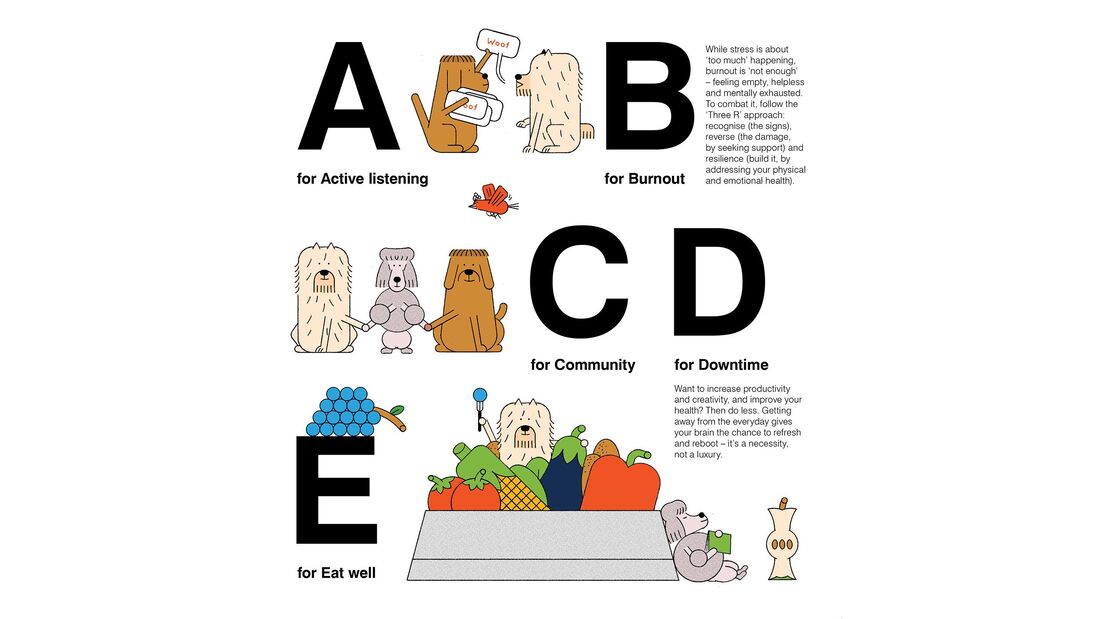
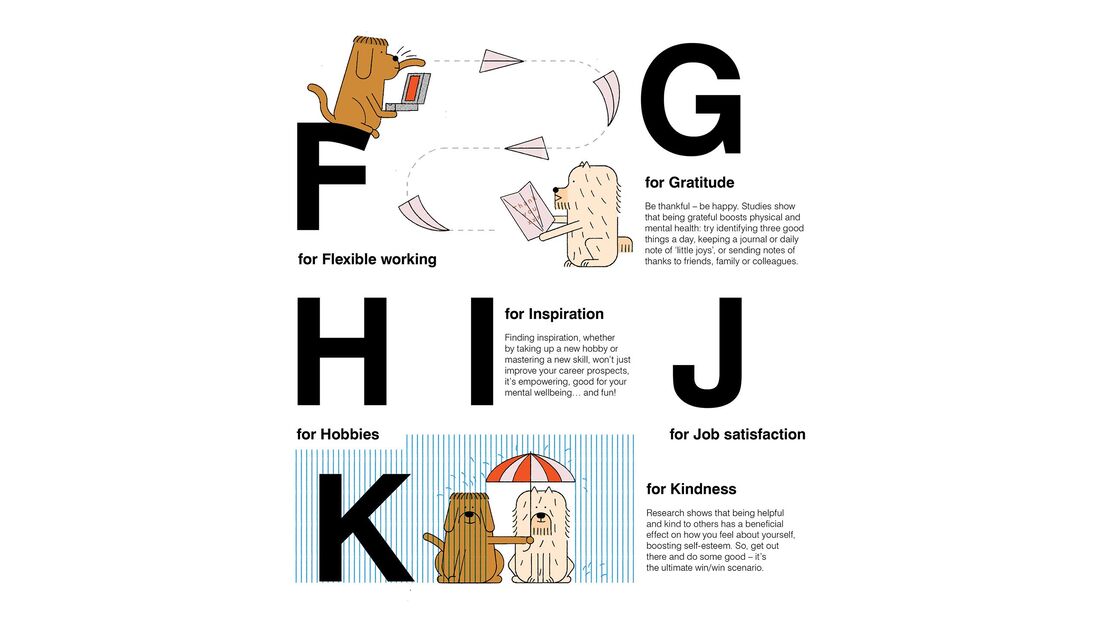
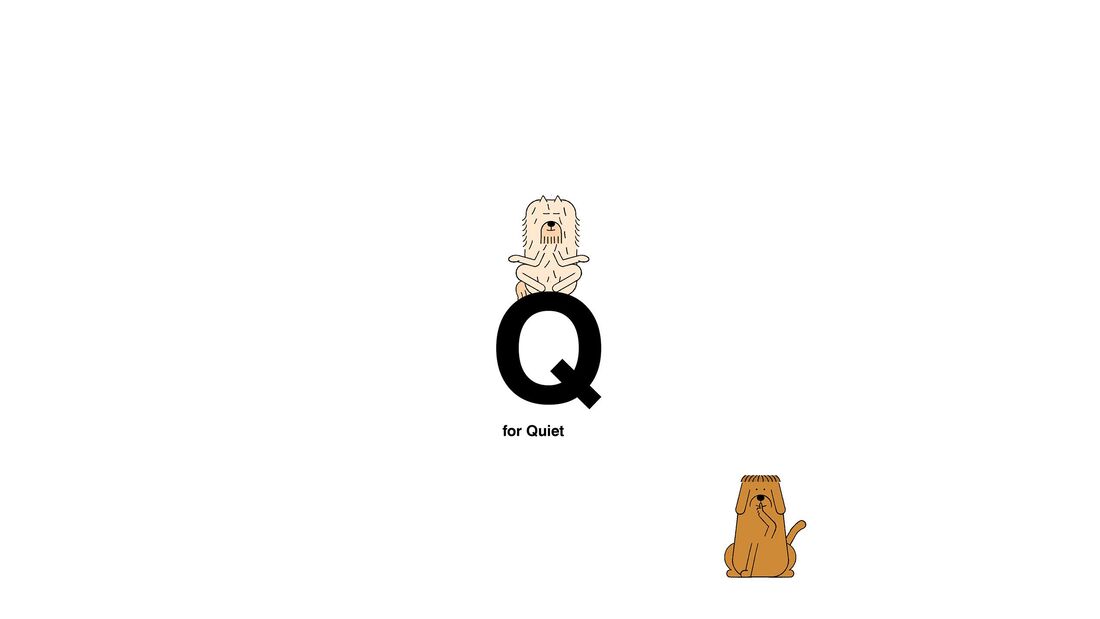
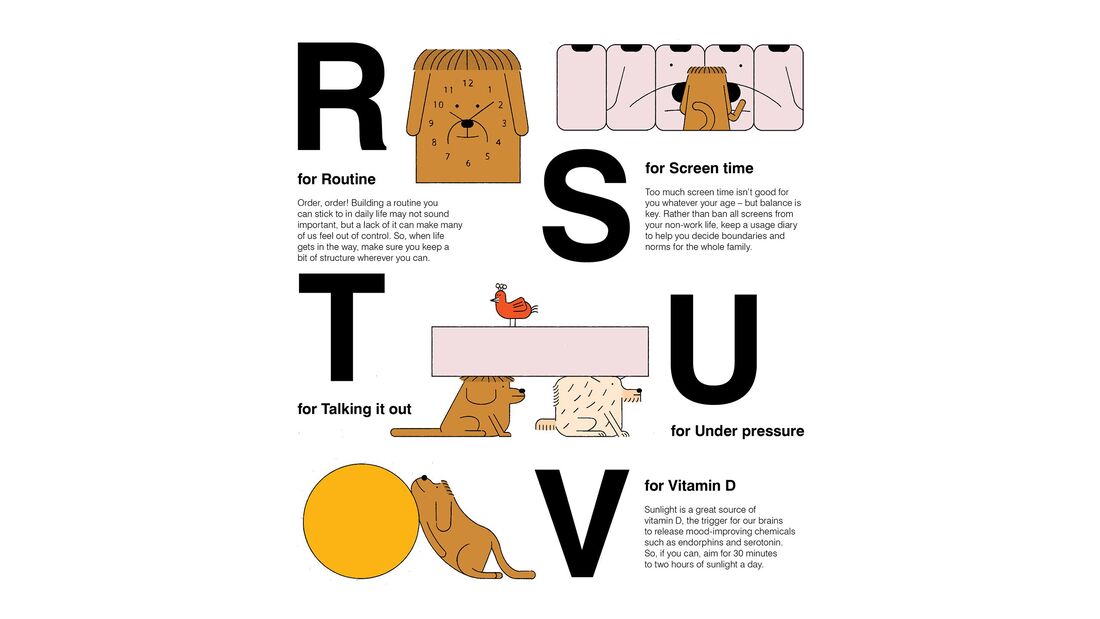
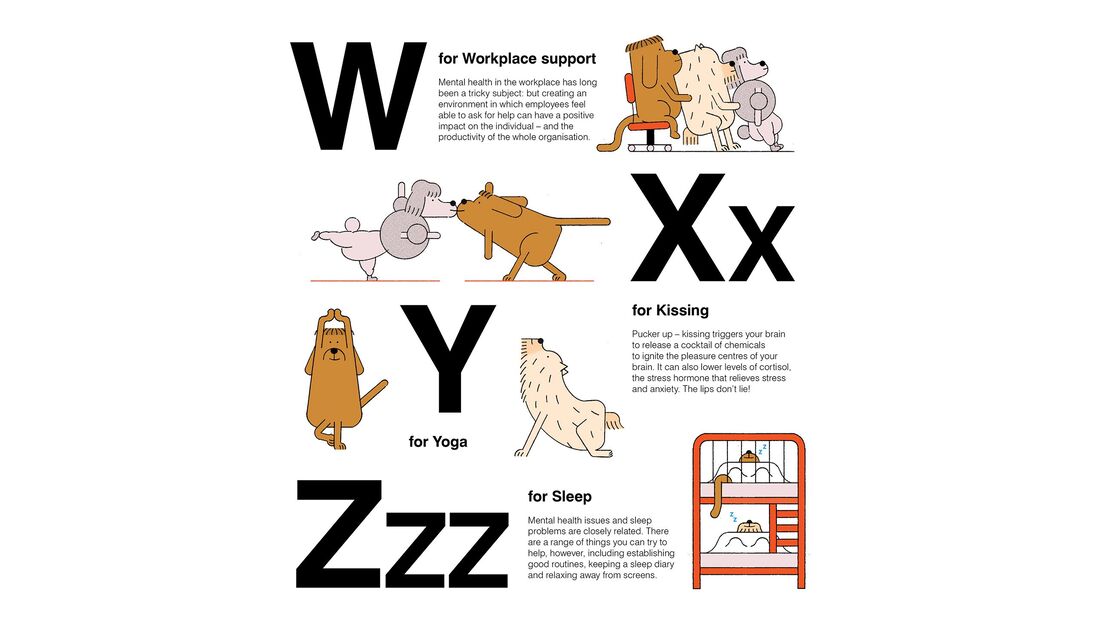
 RSS Feed
RSS Feed

